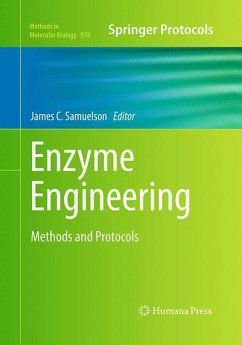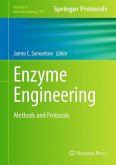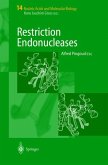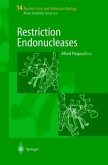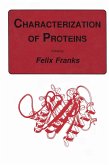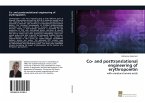Whether the pursuit is commercially motivated or purely academic, engineering a novel biological catalyst is an enticing challenge. High-resolution protein structure analysis allows for rational alteration of enzyme function, yet many useful enzyme variants are the product of well-designed selection schemes or screening strategies. Enzyme Engineering: Methods and Protocols provides guidance to investigators wishing to create enzyme variants with desired properties. This detailed volume covers such topics as a simple method for generating site-specific mutations within bacterial chromosomes. It also highlights the engineering of two difference types of rare-cutting endonucleases that show great potential in gene therapy applications: The newest development is the emergence of TAL effector nucleases or TALENs. Chapters describe newly developed technologies in sufficient detail so that each method can be practiced in a standard molecular biology laboratory. Written in the successful Methods in Molecular Biology(TM) series format, chapters include introductions to their respective topics, lists of the necessary materials and reagents, step-by-step, readily reproducible protocols, and notes on troubleshooting and avoiding known pitfalls.
Authoritative and easily accessible Enzyme Engineering: Methods and Protocols will be valuable for scientists with a budding interest in protein engineering as well as veterans looking for new approaches to apply in established discovery programs.
Authoritative and easily accessible Enzyme Engineering: Methods and Protocols will be valuable for scientists with a budding interest in protein engineering as well as veterans looking for new approaches to apply in established discovery programs.

